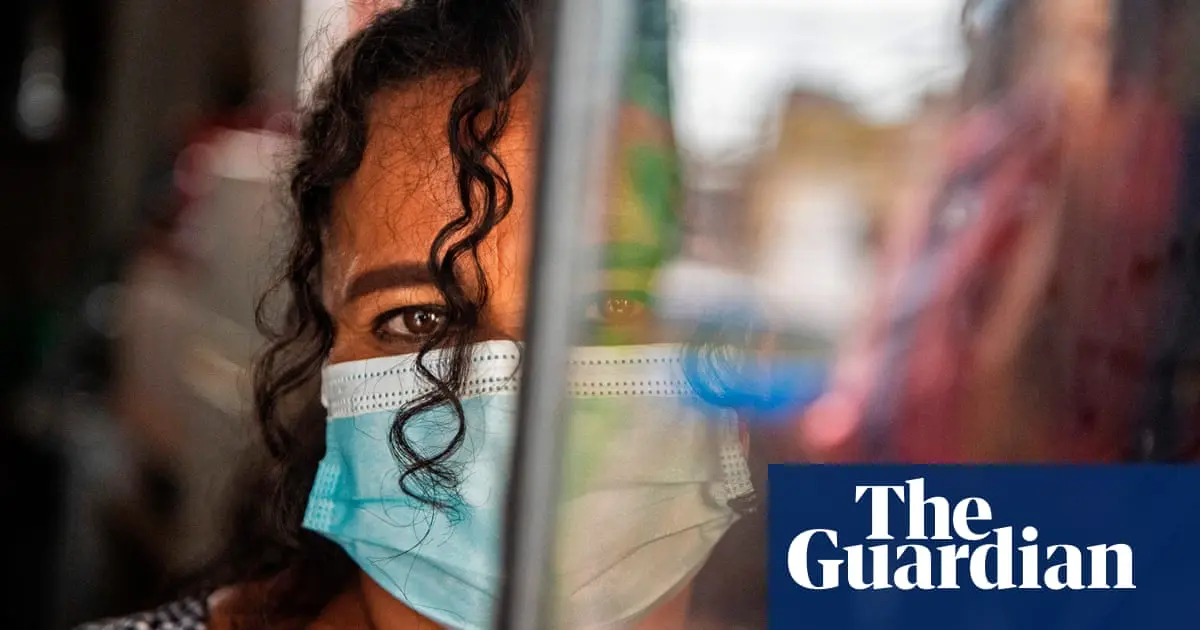- cross-posted to:
- world@quokk.au
- cross-posted to:
- world@quokk.au
A UN committee has urged Peru to compensate women who were forcibly sterilised in the 1990s, ruling that the state policy could constitute a “crime against humanity”.
Forced sterilisation was part of a programme implemented by Peru’s then president Alberto Fujimori during the final four years before he left office in 2000 after a decade in power.
The United Nations committee on the elimination of discrimination against women said hundreds of thousands of people had been affected. The 23-member committee issued its finding after reviewing a joint complaint filed by five victims who were forcibly sterilised between 1996 and 1997. “The victims claimed that the forced sterilisations they underwent had severe and permanent consequences for their physical and mental health,” it said in a statement.
The experts denounced Peru’s failure to properly investigate the violations and compensate the victims, urging the country to put in place a “comprehensive reparation programme for victims”.



Forcibly sterilising a person with sexual urges for children does not remove the urges. Just the means to fulfill those urges. And could lead to worse actions.
deleted by creator
That’s a huge leap. Because they can’t impregnate a child they’d be more likely to kill them?
Fulfill the urges to impregnate a child? What about the baby? If we’re concerned about repeat offending then just kill them. Rehabilitation of pedophilic rapists is mostly unsuccessful.